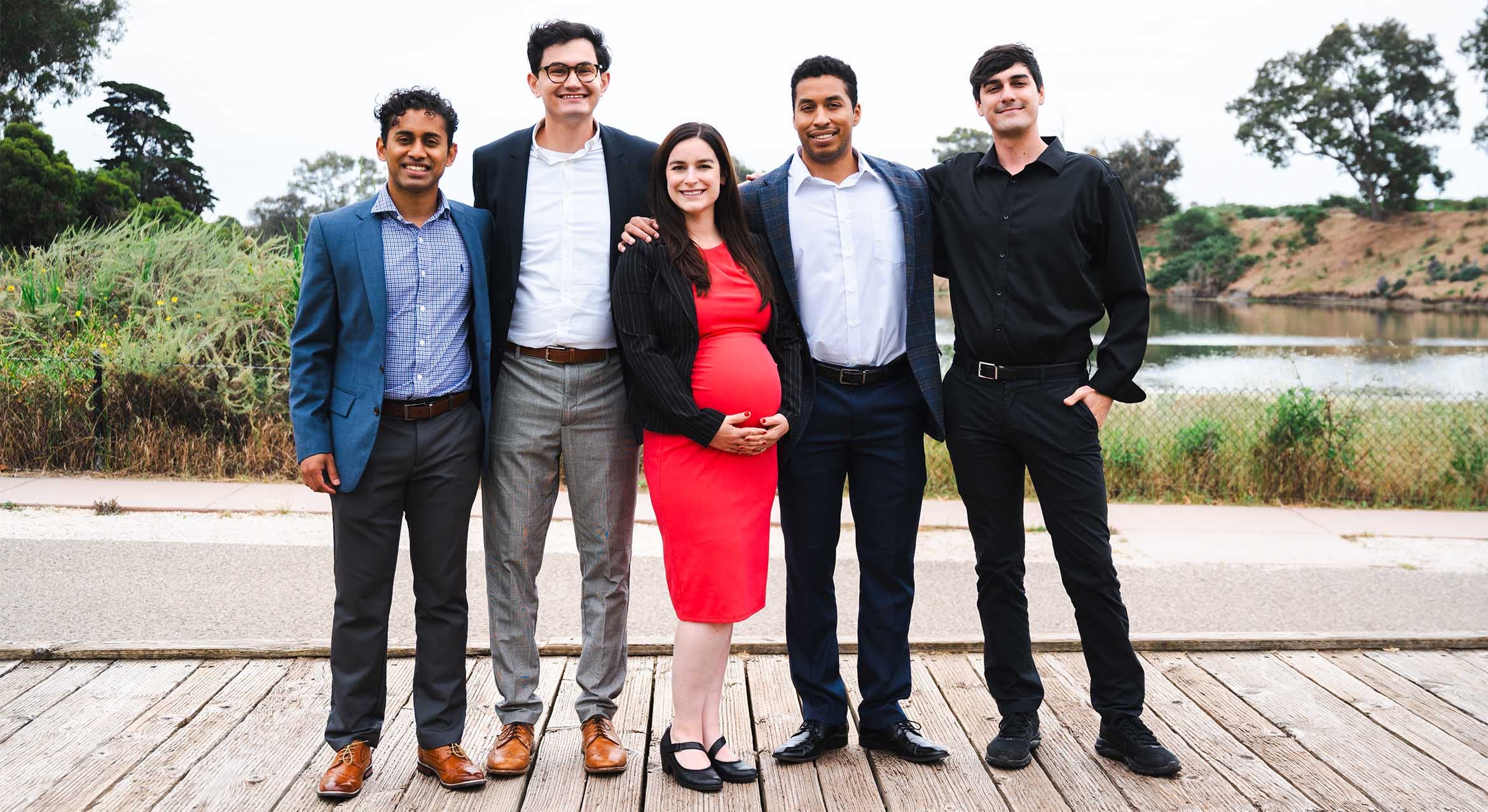All In for the Ocean
Without the ocean, life as we know it wouldn’t exist. Covering more than 70% of the earth, the ocean provides food and livelihood for countless people while regulating carbon dioxide and generating at least half of the world’s oxygen. It may soon become our last bastion against hunger, as the global population grows and suitable land for increased food production becomes more scarce. And from its biodiversity, scientists are finding molecules that could combat cancers, neutralize infections and promote healing.
“The ocean connects, sustains and supports us all” is the rallying cry for this year’s United Nations World Oceans Day, whose theme is Revitalization: Collective Action for the Ocean. Given the level of dependence we have on the ocean and the amount of degradation it has been subjected to, it will take no less than all of us working in concert to ensure that the ocean continues to be the bountiful source of food, income, goods and recreation we have come to rely on.
At UC Santa Barbara, marine scientists have long embraced the power of collaboration in their endeavors to study the ocean and promote the care, importance and preservation of this valuable resource and its habitats. One prime example: The National Science Foundation-supported Santa Barbara Coastal Long-Term Ecological Research (SBC LTER) program, where researchers and students work together to unravel the ocean’s mysteries within the Santa Barbara Channel and along the coasts that line it.
For more than two decades the SBC LTER has been working to advance a predictive understanding of how ocean and terrestrial processes affect the ecology of coastal ecosystems, using kelp forests as a focal ecosystem.
“It really builds on a long history of the study of kelp forests going back decades at UCSB, and at the Marine Science Institute,” said marine ecologist Bob Miller, who leads a cohort of roughly 70 researchers and their students who conduct investigations at the LTER program’s sites.
Why kelp? The giant seaweed is a foundation species, an organism upon which communities in the Channel and along nearby beaches depend for sustenance and habitat. Giant kelp also supports humans: it protects and nourishes a variety of creatures, from fish to mollusks, providing the foundation on which commercial and recreational fisheries and diving all flourish. Forests of this giant seaweed also sequester carbon and, along with phytoplankton, act as a buffer against the effects of greenhouse gas emissions.
By focusing on kelp and its communities, the researchers — whose disciplines span ecology, oceanography, biogeochemistry, genetics, hydrology and more — can take a deep, long look at the various processes that kelp enables, while sharing their expertise with the public and the wider scientific community.
“There are many unique ways to collaborate at the SBC-LTER,” said doctoral student researcher Xochitl Clare, “especially with work that spans climate change biology all the way down to management. We’re able to look at things from so many different points of view, which is essential to solve these larger issues.”
Having a centralized location for kelp forest research also means that today’s SBC LTER researchers can access a wealth of data left for them by previous generations of researchers, providing much-needed context in which to place new results and findings.
“Having a couple decades of kelp data about the kelp forests … we can do our small-scale experiments in the context of a much bigger project to help us interpret the data a lot better,” said UCSB oceanographer Craig Carlson, a professor of ecology, evolution and marine biology.
This body of work is also accessible to guide other research collaborators, such as the Channel Islands National Marine Sanctuary, NASA, The California Coastal Commission and myriad other universities and research institutions. Making its observations publicly available is a key feature of the LTER network.
It isn’t just research and data that the SBC LTER supports. Thanks to its educational outreach component, future scientists, fishers and lovers of the ocean will not only better understand their responsibility for its health but also be empowered to help protect it.
“I think now is a really important time, given all of the challenges we face both as a planet, but also within the community of North America,” said Scott Simon, who conducts education and outreach on behalf of the LTER for future ocean protectors from preschool to grad school. “We’re trying to improve people’s science literacy so that they understand the challenges that we face and the ways we can solve problems, or improve or protect our environment in different ways.”



